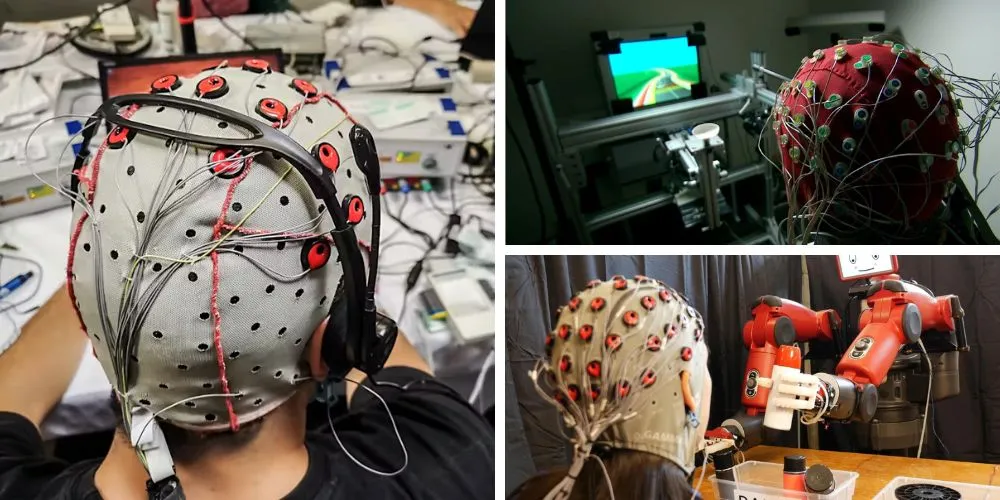Key Points:
- Cognitive enhancement technology is advancing rapidly, leveraging neuroscience, AI, and biotechnology.
- Non-invasive brain stimulation, neurofeedback, and AI-powered cognitive training are among the key approaches being explored.
- Biotechnological innovations such as neuropharmacology and gene editing hold promise for enhancing cognitive function.
- Despite challenges, cognitive enhancement technology can unlock new levels of human potential and possibility.
In a groundbreaking development, researchers are pushing the boundaries of cognitive enhancement technology, aiming to unlock the full potential of the human mind. At the intersection of neuroscience, artificial intelligence (AI), and biotechnology, this emerging field holds promise for revolutionizing how we learn, think, and interact with the world.
One of the most exciting breakthroughs in cognitive enhancement technology is the development of non-invasive brain stimulation techniques. Some methods are being researched to improve cognitive functions like memory, attention, and problem-solving, and among those methods are transcranial magnetic stimulation (TMS) and transcranial direct current stimulation (tDCS). Modulating neural activity in specific brain regions has shown promise in improving cognitive performance in various tasks.
Another area of focus is the development of neurofeedback systems that enable individuals to monitor and regulate their brain activity in real-time. These systems use brain-computer interfaces (BCIs) to give users feedback on their brain states, allowing them to learn to control their cognitive processes more effectively.
AI-powered cognitive training programs can adapt to individual learning styles and preferences, personalizing the learning experience for maximum effectiveness. Moreover, machine learning algorithms can analyze vast amounts of neuroimaging data to identify patterns associated with optimal cognitive function, paving the way for targeted interventions to enhance brain health and performance.
Furthermore, biotechnological innovations such as neuropharmacology and gene editing are opening up new possibilities for cognitive enhancement. Novel drugs and compounds are being developed to enhance neurotransmitter function, promote neuroplasticity, and protect against age-related cognitive decline. Meanwhile, gene-editing techniques like CRISPR (Clustered Regularly Interspaced Short Palindromic Repeats) can potentially modify genes associated with cognitive abilities, opening avenues for enhancing intelligence and memory.
While cognitive enhancement technology has vast potential benefits, ethical considerations loom large. Questions regarding the equitable distribution of cognitive enhancement technologies and the potential risk of exacerbating societal inequalities must be carefully addressed. Additionally, concerns about privacy, consent, and the long-term impact on human cognition warrant careful consideration and regulation.
Despite these challenges, the future of cognitive enhancement technology appears promising. As researchers continue to unlock the mysteries of the human brain and develop innovative technologies to enhance cognitive function, we stand on the brink of a new era in human potential and possibility.





